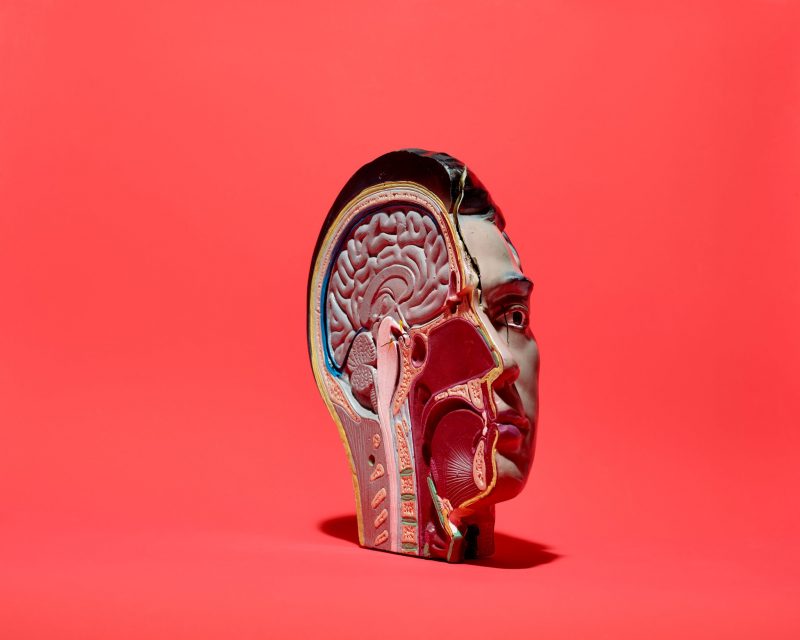Few drugs have been approved for treatment of this dementia, and none works very well. It has become one of the most intractable problems in medicine
(Pam Belluck/ New York Times) — It’s a rare person in America who doesn’t know of someone with Alzheimer’s disease. The most common type of dementia, it afflicts about 44 million people worldwide, including 5.5 million in the United States.
Experts predict those numbers could triple by 2050 as the older population increases. So why is there still no effective treatment for it, and no proven way to prevent or delay its effects?
Why is there still no comprehensive understanding of what causes the disease or who is destined to develop it?
The answer, you could say, is: “It’s complicated.” And that is certainly part of it.
For nearly two decades, researchers, funding agencies and clinical trials have largely focused on one strategy: trying to clear the brain of the clumps of beta amyloid protein that form the plaques integrally linked to the disease. (…)